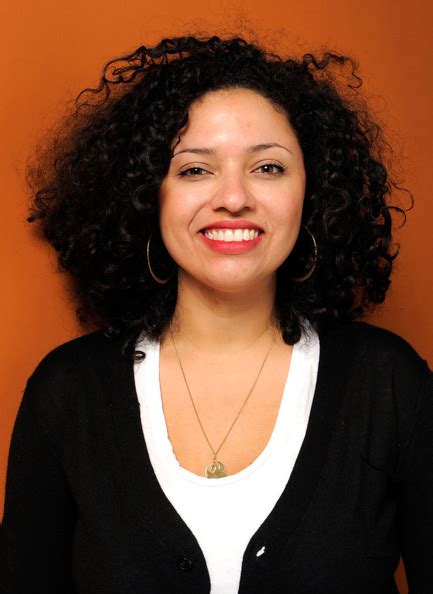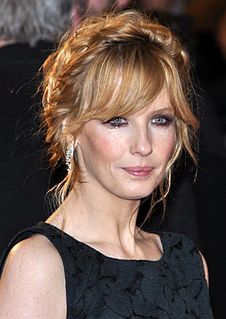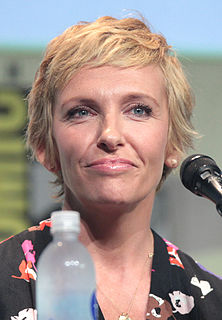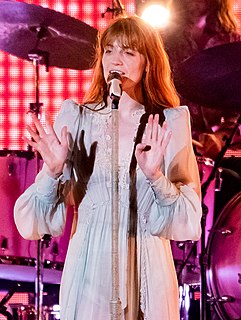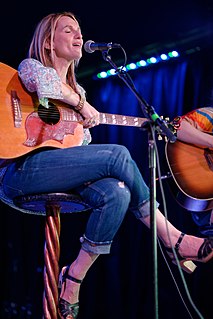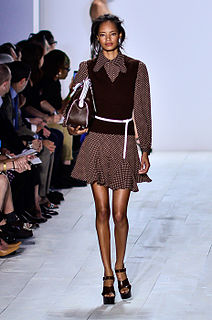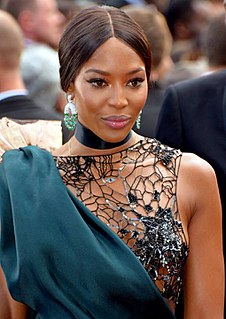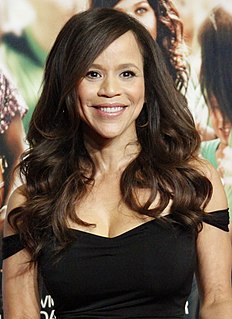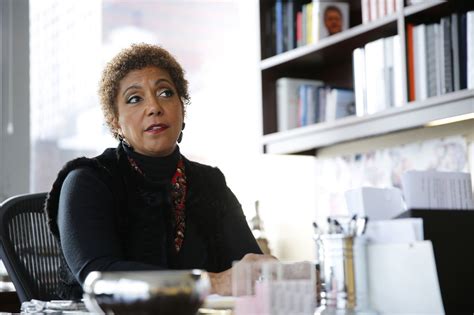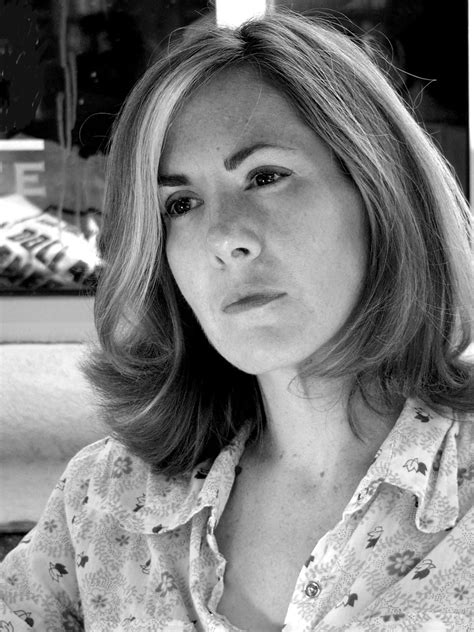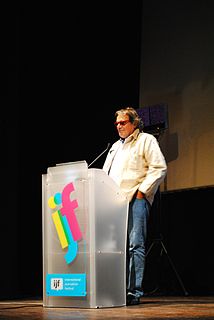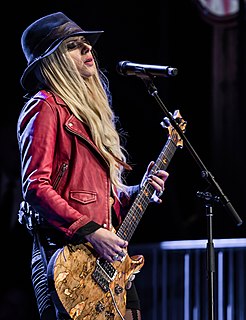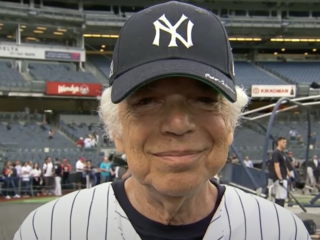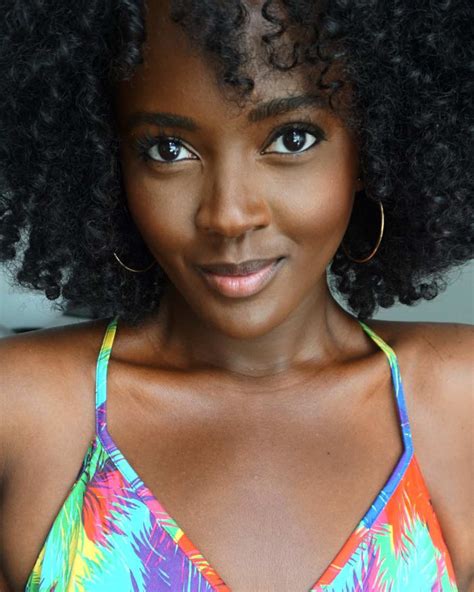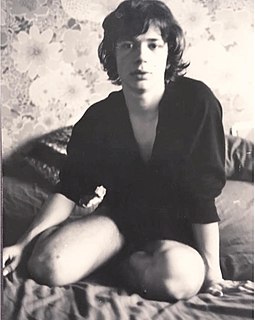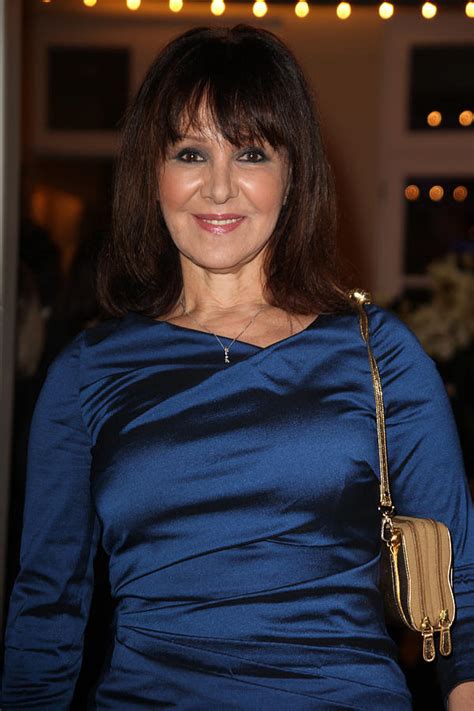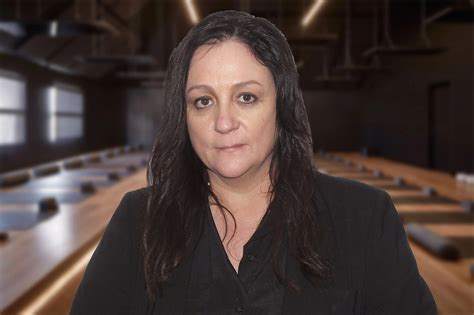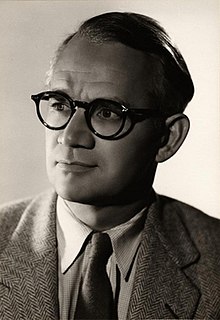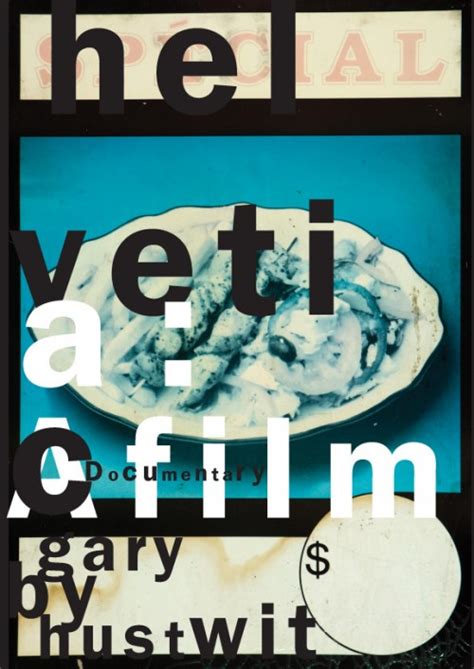Top 1166 Magazines Quotes & Sayings
Explore popular Magazines quotes.
Last updated on April 14, 2025.
There hadn't been one done since the late 70s. I was living in Brooklyn, had no connection to Roger Corman, to no one in this movie. I didn't go to film school. I'm like the person who should have never made this film. But I just decided to put one foot in front of the other. I was writing film articles for magazines at the time. I convinced an editor from one of the magazines that I was working for to give me a shot to do a piece on Roger. This was an excuse to go meet him.
[When] Johnny Mnemonic was coming out and I realized that all the kids that worked in 7-11 knew more - or thought they knew more - about feature film production than I did. And that was from reading Premiere, that was from this change that came from magazines that treat their readers as players. Magazines that purport to sell you the inside experience.
I never looked at magazines before I started modeling. I was 13 or 14 and none of my friends were into magazines. We were into the fashion of the day, though. Designer jeans were really popular - Sasson, Gloria Vanderbilt, Calvin Klein, Jordache. Once I started modeling, I began to learn about these things, and magazines helped me to understand who was who.
Every generation has a changing of the guard in media. We do the same stuff that everybody else does, but we just do it differently. We do our content online differently. We do our magazines differently. We do our TV differently. We never had anyone tell us how to do magazines, so we just developed it in a different way.
I think magazines like Glamour have the ability to have a great impact. Glamour has the ability to expose them to things like feminism that they may not be well acquainted with. In fact, Glamour has done that in the past - when I was in eighth grade I read an article in Glamour magazine about female feticide and infanticide that actually sparked my entire interest in feminism. I hate it when some feminists say we should get rid of beauty and fashion magazines - I think there's room in feminism for fashion, for fun, for talking about sex and friendships and relationships, etc.
I don't know of any science writing going on in women's magazines, unless you count medical stories about things like breast cancer. I still think there's a huge problem about how we can actively engage a wider range of women. I'm not saying women must be a separate audience - I'm just responding to the reality that the majority of people who do read science magazines are male. That's not a value judgment; it's a statistical fact.
My work has gotten a bit strange. I do consulting, and people ask, "Could you give me your opinion on this, and could you take a picture?" And I've been approached by a lot of magazines, but I'm trying to take it slowly. In fact, I'm part of the first generation of photographers who don't have to depend on magazines because we have our own media and everyone sees our photos.
I
would close down all those teenage magazines that encourage young
girls to diet. Who says that to be pretty you have to be thin? Some
people look better thin and some don't. There is almost a standard being
created where only thin is acceptable. The influence of those
magazines on girls as young as 13 is horrific.
I was always fascinated by the absurdities and luxuries and the snobbism of the world that fashion magazines showed. Of course, it’s not for everyone...But I lived in that world, not only during my years in the magazines business but for years before, because I was always of that world-- at least in my imagination.
The magazines were born out of a need that my parents saw: that there were no magazines that really spoke to black people. 'Ebony' wrote about architects and artists, the share cropper who sent his nine kids to college, real African Americans at a time when everyone else only covered them as entertainers and athletes.
If you go off into general-interest magazines, often women are being shoved aside into various ghettos that perpetuate the problem. Women's interests are specialized, they're secondary; they're somewhere over to the side of the serious work that's being done. Throughout history, there have been ladies' magazines, ladies' journals, and for years there have been women writers who would refuse to participate in women-only sort projects because of that stigma.
In the long run magazines can't be a convenience play - the Web has stolen that. So magazines have to be high fidelity - a fantastic experience - to thrive. Magazines will survive the Internet age, but only the ones that give people an experience they just can't get anywhere else. A magazine will have to be truly loved to make it.
Our family may seem extraordinary in some magazines or something, but at home it's not. We're really just a very loving family. We're very close, and we don't read magazines. We just kind of go to work and come home. We try to keep a sense of reality into their lives. What's truly real, not Hollywood real.
Negro writers, just by being black, have been on the blacklist all our lives. Do you know that there are libraries in our country that will not stock a book by a Negro writer, not even as a gift? There are towns where Negro newspapers and magazines cannot be sold except surreptitiously. There are American magazines that have never published anything by Negroes. There are film studios that have never hired a Negro writer. Censorship for us begins at the color line.
It used to be that you would go into a writing program and what you would learn was how to write a short story. You would pick up the magazines and you would be taught from the magazines how to write a short story. Nowadays student writers are learning to write novels because that market is gone, so the ones who are drawn to the form are doing it really for reasons of their own and that's really exciting.
Before I went to boarding school, I had never read a fashion magazine. I grew up on a council estate in London, and fashion magazines were a luxury item that weren't even on my mind. The closest I got to a fashion magazine was my cousin's 'Top of the Pops' magazines, where we would learn the lyrics to every song and put posters on our walls.
Men's magazines often feature pictures of naked women. Women's magazines also feature pictures of naked women. This is because the female body is a beautiful work of art, while the male body is lumpy and hairy and should not be seen by the light of day. Men are turned on at the sight of a naked woman's body. Most naked men elicit laughter from women.
Having done a lot of magazines, I'm very curious how big magazines handle big stories, and I was very curious to see how 'Time' and 'Newsweek' would handle 9/11. And I was basically pretty disappointed to see that they had chosen to show the photo we'd already seen a million times, which was basically the moment of impact.








